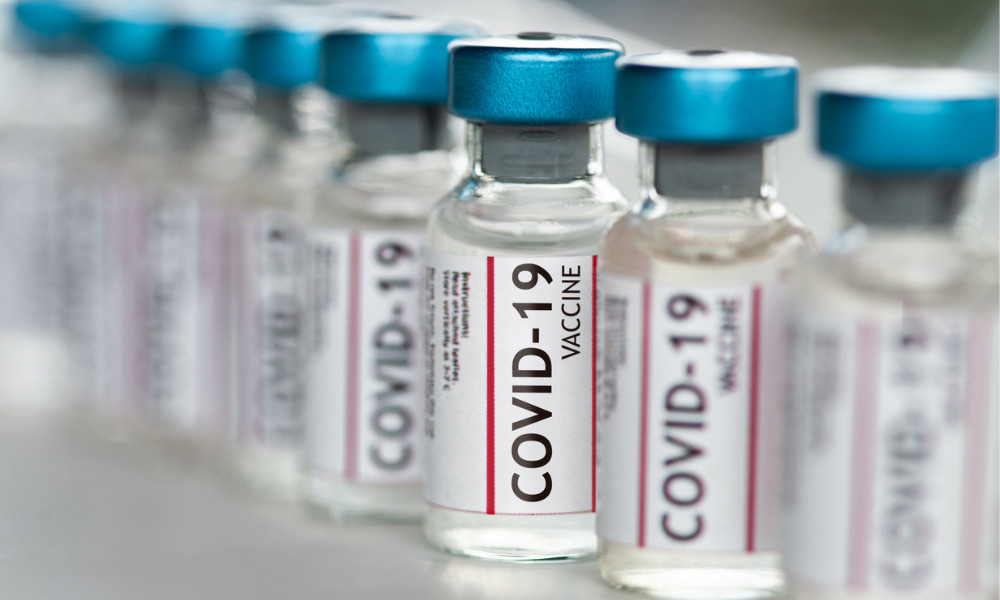
The state of Johor is also hoping to reopen its borders

After nearly a year of shutting its borders with Singapore, Malaysia is now aiming to ease travel restrictions for its citizens employed in the neighbouring city state. To do that, the state government of Johor plans to vaccinate at least 100,000 workers who will have to cross those borders.
The vaccination drive forms part of Malaysia’s nationwide COVID-19 response efforts. “We expect to roll out vaccinations for Malaysian workers during the second phase of the National COVID-19 Immunisation programme,” said Hasni Mohammad, Menteri Besar of Johor.
Read more: MOM fines 42 companies for breaching COVID protocols
The Ministry of Science, Technology and Innovation (Mosti) will lead the immunisation efforts. The agency has already been tasked to develop a database of workers covered by the programme.
Malaysia estimates there are 400,000 workers travelling daily to Singapore for work. “For the early stage, Mosti has put aside vaccines for some 100,000 people first,” Datuk Hasni said.
Johor is hoping to reopen its borders with Singapore by May or June after having closed them in March 2020. Along with the possible reopening, state officials are also looking to expand the category of travellers allowed to move between the two countries.
Read more: Can employers force staff to take the COVID-19 vaccine?
The decision will add the so-called Daily Commuting Arrangement to existing classifications of work travels: the Periodic Commuting Arrangement, which covers some 2,000 commuters who hold long-term employment in Singapore, and the Reciprocal Green Lane, which caters to some 400 commuters who travel on official business weekly.
“As long as the two countries can agree on a common SOP and vaccination certificate, it will mean that Singaporeans who have been vaccinated can cross into Johor without needing to be quarantined,” Datuk Hasni said. “This also includes Malaysians who have been vaccinated there who want to return home.”